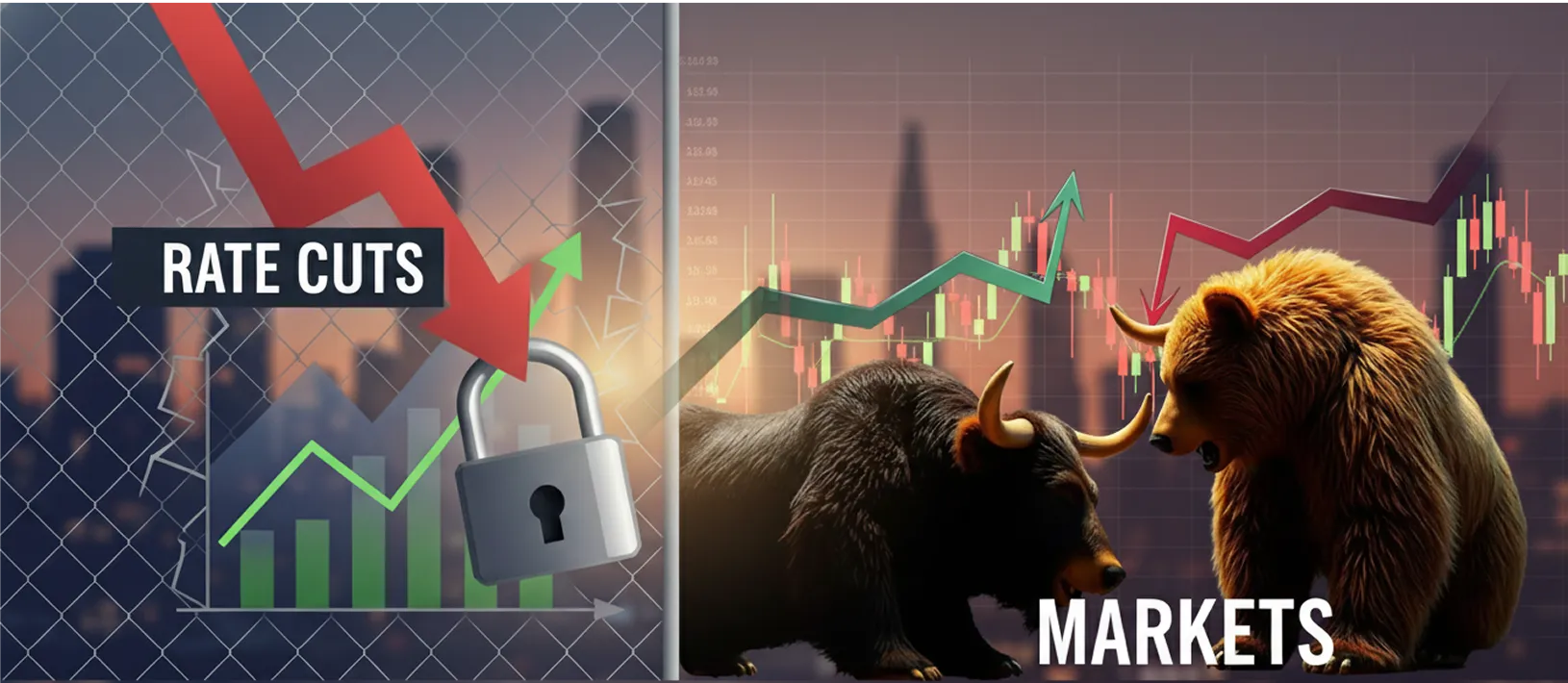In the world of finance, we talk a lot about numbers — returns, ratios, risk, and reward. But beyond spreadsheets and stock charts, there’s another form of capital that silently compounds or collapses in the background: your personal integrity.
Strange as it may sound, lying and pretending are not very different from using a credit card irresponsibly. Both give you short-term relief or gratification. Both delay the consequences of a choice. And in both cases, the cost shows up eventually — with interest.
Let’s dig into this idea — not as a moral sermon, but as a serious reflection on how our behavior and our financial lives are deeply intertwined.
The Hidden Cost of Dishonesty
When someone tells a lie — even a small one — it often feels harmless. A white lie at work, a harmless exaggeration in a meeting, or pretending to know more than we do in a client conversation. In the moment, it helps us avoid discomfort. It might even win us admiration or trust temporarily.
But much like spending borrowed money, dishonesty always creates a liability. That liability may not appear immediately, but it’s there — silently accruing emotional interest. Eventually, reality demands repayment.
When the truth comes out — and it almost always does — the damage is rarely confined to the incident itself. The bigger loss is trust. And just like in investing, once trust is lost, rebuilding it takes time, effort, and comes with a long-term opportunity cost.
Behavior Is Like an Investment Portfolio
Think of your behavior as your personal investment portfolio.
• Consistency is your SIP (Systematic Investment Plan): Small, honest actions taken over time lead to a robust reputation.
• Lies are like speculative trades: They might deliver quick gains, but are highly risky and often end badly.
• Pretending is like leveraging with no plan: You might look successful on the surface, but beneath it all, you’re one misstep away from collapse.
This is why I often tell clients: “In money and in life, what’s easy now is expensive later. What’s wise now is rewarding later.”
Short-Term Wins vs Long-Term Value
Let’s say someone fakes confidence in a business pitch or oversells their capability to secure a deal. They may even close it. Success, right?
But what happens when delivery falls short? What if the client senses the bluff? That one short-term gain may result in a long-term reputation loss. And in our highly connected, highly transparent world — reputation is more permanent than ever.
On the other hand, imagine someone honestly says, “I don’t have the answer right now, but I’ll find out.” That humility might not feel impressive in the moment, but it builds trust. Over time, that trust becomes a reliable brand asset — one that pays steady dividends in relationships, referrals, and opportunities.
A Financial Parallel: The Credit Card Analogy
Let’s return to the original analogy.
Using a credit card gives instant buying power — without needing to earn the money first. Lying or faking your way through something works the same way. It buys you influence or admiration before you’ve earned it.
But a credit card bill always comes due — with interest. Similarly, deception eventually demands an emotional or reputational payment — and that interest can show up as embarrassment, broken relationships, or even professional failure.
In contrast, using a debit card, or saving up and buying something with your own money, takes more time. But it’s cleaner. Safer. Sustainable.
In life too, earning trust the hard way — through consistency, honesty, and reliability — is a slower path, but far more stable.
What This Means for You as a Client
As a financial guide , my job isn’t just to help you manage your wealth. It’s to help you see how wealth is a reflection of deeper values — discipline, foresight, and yes, integrity.
Markets will rise and fall. But your personal credibility, your professional network, your emotional health — these are long-term assets that need just as much attention as your portfolio.
When you build your life and financial plan on truth, you create a structure that can withstand volatility. You’re not just making money — you’re building meaning.
Final Thoughts: The Compound Effect of Character
We often speak of compound interest as the eighth wonder of the world. But here’s something worth remembering:
- Character compounds too.
- Every honest act adds to your long-term credibility.
- Every broken promise or half-truth takes from it.
And just like with money, it’s the compounding over time that makes the biggest difference.
So, the next time you’re tempted to “fake it till you make it,” ask yourself: Am I swiping the credit card of my character — or investing in long-term trust? Because in both finance and life, what looks smart today should still look smart tomorrow. And the smartest thing you can invest in — is being real.
.png)











.svg)
.webp)
.svg)
.svg)
.svg)
.svg)